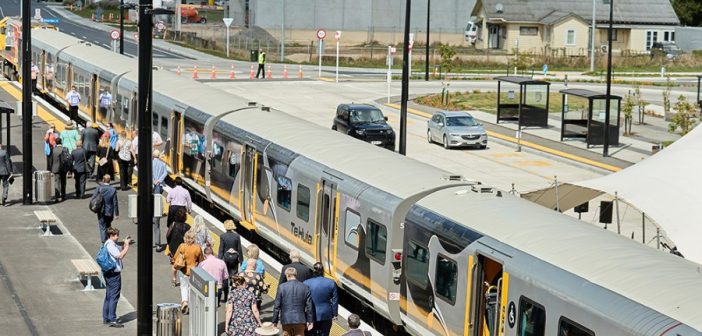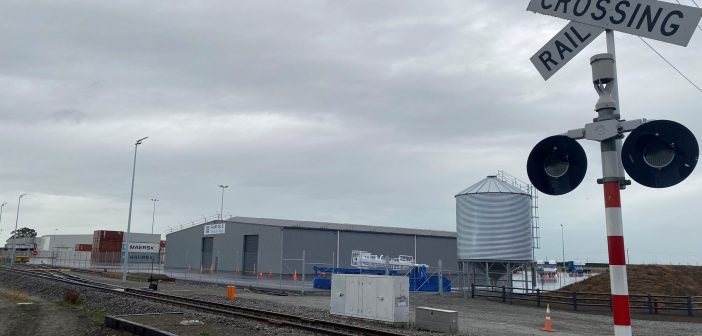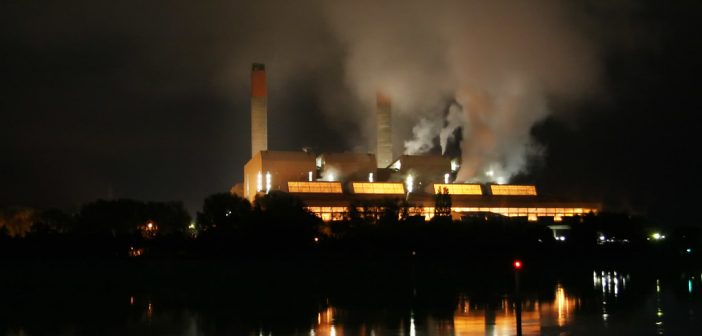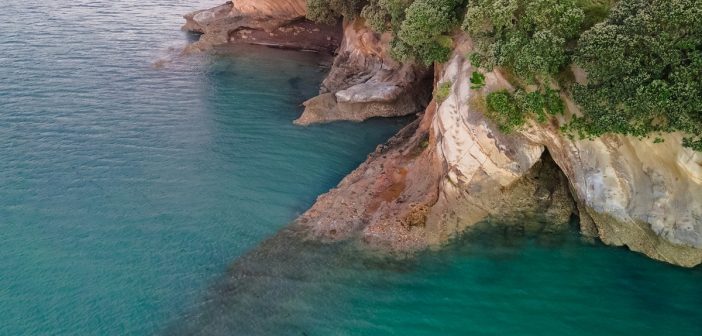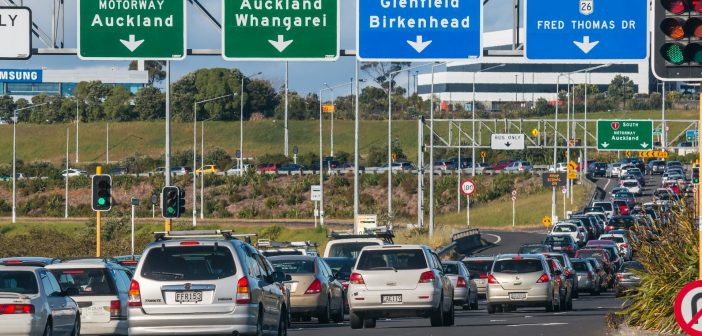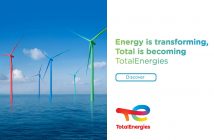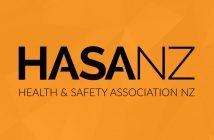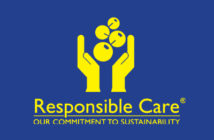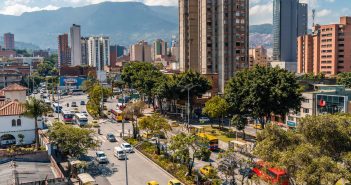
How are cities responding to extreme weather?
Weather events are becoming more unpredictable, more intense and more damaging, posing huge challenges in both preparing for and recovering from their growing impact, says Jeremy Kelly, Global Director of Cities Research at JLL
echo adrotate_group(33, 0, 0, 0);
From extreme heat across southern Europe to the heaviest rainfall on record in Shenzhen and Hong Kong, to flooding in Brazil and cyclones devastating parts of southern Africa, cities face unprecedented physical risks. Continue →
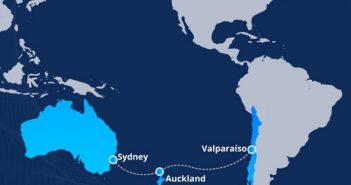
Building a 15,000km cable from Australia to Chile
A request for proposals to construct the Humboldt Cable has been issued, which looks to connect with cable systems across Asia and to other countries and territories including New Zealand
echo adrotate_group(33, 0, 0, 0);
Desarrollo País and H2 Cable are looking to begin construction of the estimated 15,000 km Humboldt Cable, the first to connect Latin America, the Asia Pacific and Oceania. Continue →

Number of women in construction doubles since 2013
There has been a significant increase in the number of women joining the construction industry, however, they are still significantly underrepresented, making up just 15% of the trades and construction industry
echo adrotate_group(33, 0, 0, 0);
When Rebecca Gornall, Health and Safety Manager at Mansons TCLM Limited, first started her role in commercial construction six years ago she was one of the only females on site. Continue →
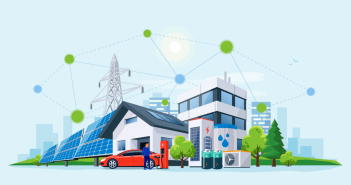
Micro infrastructure important for resilience
New Zealand needs to shift to micro infrastructure to ensure electricity, water and waste systems remain connected during big weather events, a research student says
By Zita Campbell, Local Democracy Reporter
echo adrotate_group(33, 0, 0, 0);
Zainab Rizvi, a PhD student from the University of Auckland, is investigating how to make Gisborne’s energy system more resilient through micro infrastructures. Continue →

Emissions Trading Scheme underperforming
The impact of New Zealand’s main tool to reduce emissions could be improved if five sectors were better regulated, according to a new study
echo adrotate_group(33, 0, 0, 0);
University of Auckland researchers say New Zealand’s Emissions Trading Scheme (ETS) is being let down by five critical sectors. Continue →

Public support a user-pays approach to infrastructure
A report by the Infrastructure Commission highlights strong public appetite for funding tools that go beyond rates – particularly usage charging
echo adrotate_group(33, 0, 0, 0);
The Infrastructure Commission has released the results of a survey that asked New Zealanders what they think is fair when it comes to paying for infrastructure services like roads, drinking water, and electricity. Continue →

Return of the 90-day trial: what you need to know
The newly elected Government intends to re-introduce 90-day employment trial periods, but is this a good and commercially safe way for employers to take on new personnel? Continue →

Is the Te Huia train hitting its KPIs?
The future of the Te Huia passenger rail service between Auckland and Hamilton is uncertain, but a review of its performance so far shows that it has delivered or is close to delivering all the targets set by the NZ Transport Agency Waka Kotahi Board (NZTA)
echo adrotate_group(33, 0, 0, 0);
The interim performance assessment completed by Waikato Regional Council, is due to be discussed at this week’s Future Proof Public Transport Subcommittee and will go to an NZTA Board meeting later in May for a decision on continuation of the five-year trial based on current rates of subsidy. Continue →
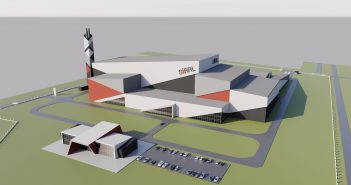
Waste-to-energy plant for Auckland’s rubbish moves closer
A proposed Kaipara-based $730 million waste to energy incinerator to burn Auckland’s rubbish and produce electricity could be operational by 2028
By Susan Botting, Local Democracy Reporter Northland
echo adrotate_group(33, 0, 0, 0);Artist’s impression of the proposed waste to energy plant in Waimate, south Canterbury that SIRRL has been pushing to build since 2021. Continue →

Councils mulling options after plug pulled on Three Waters Reform
As the government moves to roll out new Local Water Done Well legislation by mid-2025 after repealing the previous government’s Three Waters legislation, the future is uncertain for local councils
echo adrotate_group(33, 0, 0, 0);
Future of Northland’s $1.8 billion Three Waters assets under the spotlight
By Susan Botting, Local Democracy Reporter Northland
Northland’s council wastewater, stormwater and drinking water provision for more than 150,000 people had been in the process of shifting off the books of Whangārei District Council (WDC), Far North District Council (WDC) and Kaipara District Council (KDC) and Auckland Council. Continue →


